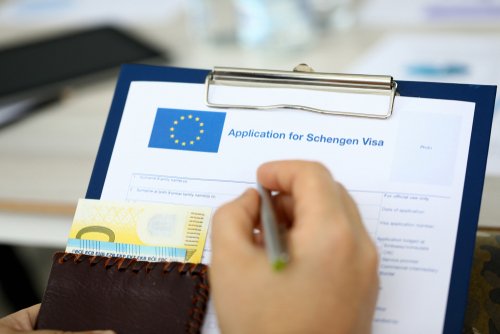Belgium, (Brussels Morning Newspaper) The European Commission has released the first State of Schengen report to improve Schengen governance.
The report will help the EU to monitor progress and identify priorities for the next year, the body pointed out in a statement on Tuesday.
It will also serve as a basis for discussion between MEPs and EU ministers at the Schengen Forum at the start of June as well as the Schengen Council later next month.
Margaritis Schinas, European Commissioner for Promoting the European Way of Life, stressed that the Schengen Area “is emblematic of the European way of life.”
He noted that the EC has been strengthening Schengen’s governance over the past year and rebuilding trust in the system, stressing that it is important for EU economies.
“Today’s reports reflect that unwavering commitment to ensure Schengen emerges stronger from the variety of challenges it has faced,” he concluded.
Ylva Johansson, European Commissioner for Home Affairs, stated that “the freedom to move, live and work in different member states is held dear by Europeans.”
She pointed out that “recent crises and challenges have shown that we cannot take this freedom for granted” and concluded that “Schengen is a shared responsibility that requires the engagement and commitment of all of us.”
Basis for improvement
The EC noted that the State of Schengen report presents the start of an annual cycle as part of which EU authorities will “identify problems early on to ensure common responsibility and to promote the uptake of appropriate measures.”
The report notes that the EU’s priorities for 2022-2023 include implementation of interoperable IT systems for border management, full use of tools for cross-border cooperation, ensuring checks of all travellers at external borders, lifting internal restrictions and more.
In the report, the EC calls on the EU Council to approve planned accession of Bulgaria, Croatia and Romania to the Schengen Area, pointing out that the three bloc members fulfilled all criteria for joining.
The body reiterated that all EU member states are obligated to perform checks of all people entering the bloc, including Schengen Area residents.
It noted that the measure is aimed at improving security and fighting against terrorism.




